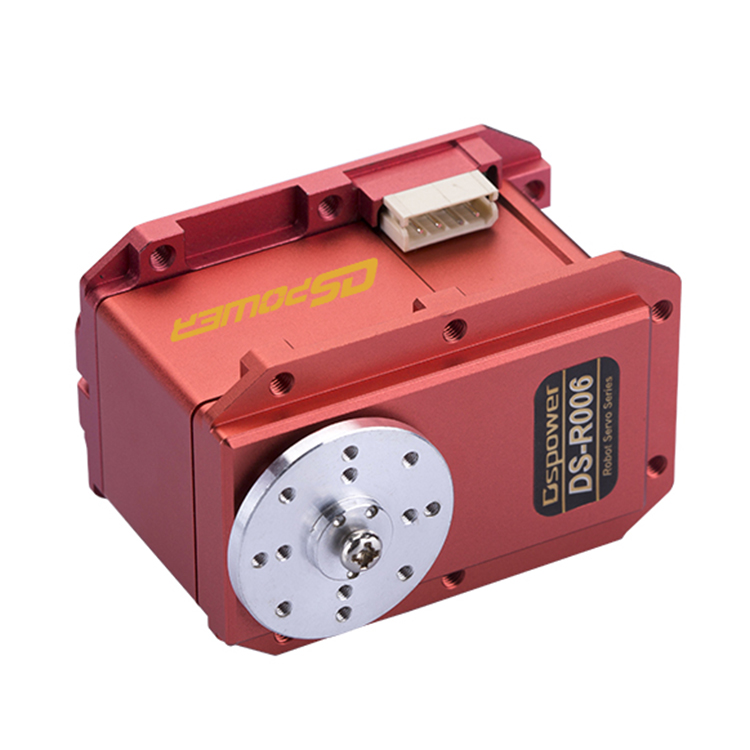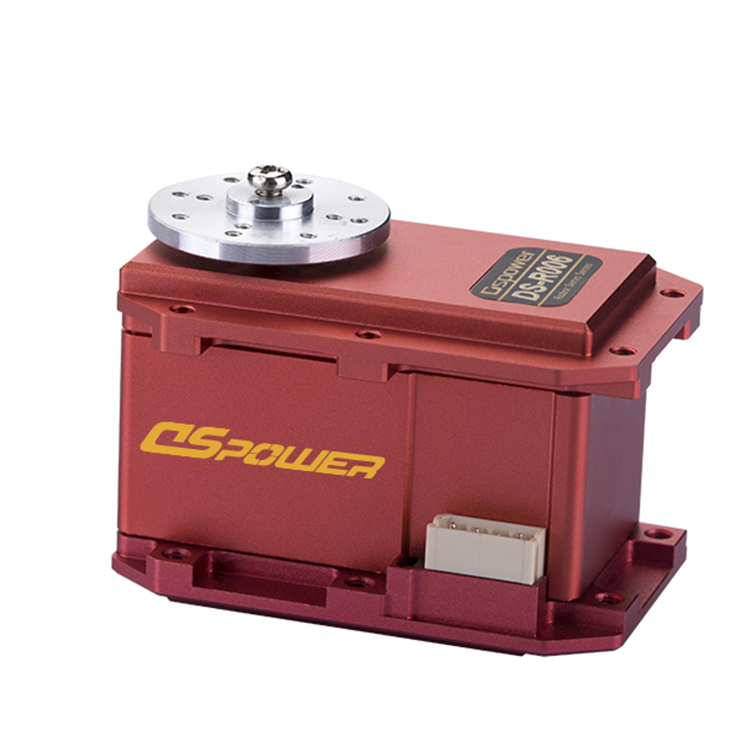serial servo refers to a type of servo motor that is controlled using a serial communication protocol. Instead of traditional pulse width modulation (PWM) signals, a serial servo receives commands and instructions through a serial interface, such as UART (Universal Asynchronous Receiver-Transmitter) or SPI (Serial Peripheral Interface). This allows for more advanced and precise control of the servo’s position, speed, and other parameters.
Serial servos often have built-in microcontrollers or specialized communication chips that interpret the serial commands and convert them into appropriate motor movements. They may also offer additional features such as feedback mechanisms to provide information about the servo’s position or status.
By utilizing a serial communication protocol, these servos can be easily integrated into complex systems or controlled by microcontrollers, computers, or other devices with serial interfaces. They are commonly used in robotics, automation, and other applications where precise and programmable control of servo motors is required.
Post time: Jun-07-2023


